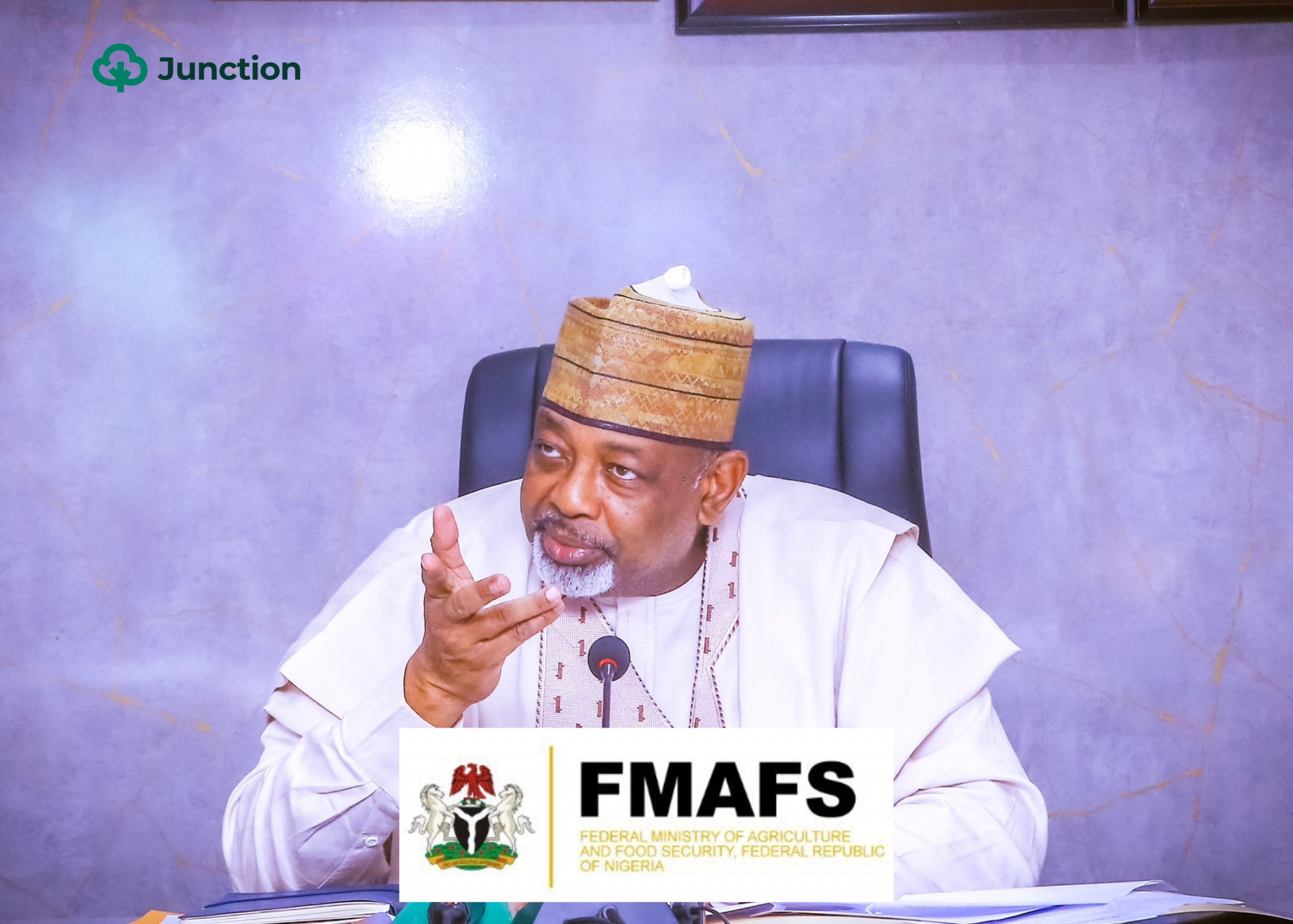News in brief:
– BudgIT revealed that the National Assembly inserted over 11,000 politically motivated projects worth ₦6.93 trillion into the 2025 budget.
– About 39% of them, valued at ₦1.72 trillion, were forced into the Ministry of Agriculture’s budget, inflating its allocation nearly eightfold.
In a report, the Nigerian civic organisation, BudgIT, claimed that the National Assembly (NASS) inserted 11,122 projects worth ₦6.93 trillion in the 2025 federal government budget.
The Federal Ministry of Agriculture and Food Security (FMAFS) seemed like the favourite dumping ground for these projects.
“39% of all insertions—4,371 projects worth ₦1.72 trillion—were forced into the Ministry of Agriculture’s budget, inflating its capital allocation from ₦242.5 billion to ₦1.95 trillion,” the organisation stated.
BudgIT, which uses technology to boost citizen engagement with institutional improvement to facilitate societal change, urged the public to speak out and demand reforms.
It pointed out that several projects that made it into the budget were ‘politically motivated’ because many agencies could not execute them.
For example, it revealed that the Federal Cooperative College, Oji River—a training institution—was tasked with providing utility vehicles to support farmers and distribution agents for ₦3 billion. The same institution was given ₦1.5 billion for rural electrification in Rivers State and ₦1 billion for solar streetlights in Enugu State.
“These are examples of agencies operating outside their mandates, managing projects unrelated to their statutory functions, and adding zero value to national development,” the organisation wrote.
Inflated budgets and political insertions divert funds from essential agricultural programmes, such as irrigation, research, food storage, and farmer support.
They result in waste, project failures, or inflated costs. It also weakens the FMAFS’ ability to plan and execute meaningful agricultural policies while distracting staff and leadership from performance-based, development-driven objectives.
Massive, unexplained budget increases make tracking and auditing spending difficult. Thus, detecting fraud, ensuring transparency, or measuring actual impact becomes harder.
Citizens could lose faith in the government’s ability to manage resources responsibly, particularly when they observe that agricultural outcomes, such as food security or farmer livelihoods, do not improve despite ballooning budgets.
In conclusion, the non-profit organisation charged the country’s anticorruption agencies to track these projects and ensure Nigeria gets value for money.



